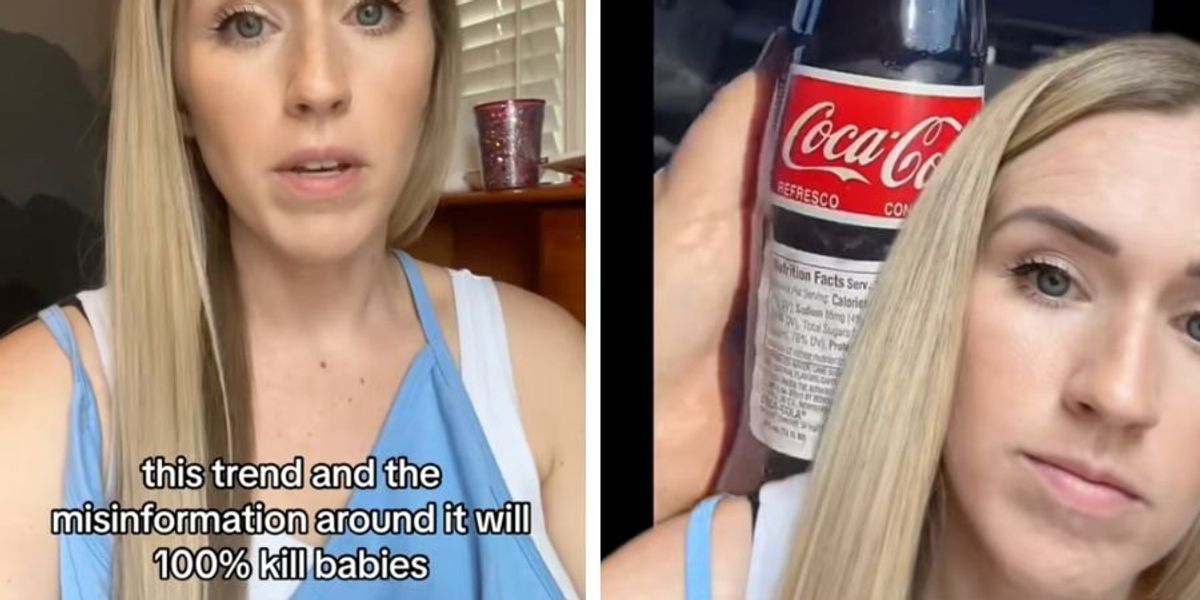
Social media can be used to spread education and overall helpful information, but it can be hard to decipher what’s true and what’s not. Especially if the person making the video or writing the post speaks with authority, as if this is information you should already know and now you’re somehow behind the curve in knowledge.
Recently, a trend has popped up of influencers insisting that belly buttons are connected to multiple nerves, veins and organs in your body and exclaiming that rubbing caster oil in your belly button will provide you with immense health benefits. Doctors and nurses on Tiktok simply explained that belly buttons are a scar that leads to nowhere but didn’t discourage people from greasing up their belly buttons.
But when it comes to medical information, not everything can be assumed harmless misinformation. There has been an uptick in videos of pregnant influencers encouraging others to refuse the glucose drink that helps detect gestational diabetes.
The women in the videos cite unknown chemicals and dyes in the glucose drink and insist on eating things like fruit, jelly beans, fruit juice and even soft drinks instead. Ironically, things like jelly beans, juice and soft drinks all have dyes and hard-to-pronounce chemicals in them. This trend tipped the scales from quirky and harmless to misinformed and dangerous, which has had doctors, nurses and licensed dietitians ringing all of the alarms.
Jen Hamilton, a labor and delivery nurse, posted a video responding to some of the misinformation she was getting tagged in.
“Okay, I have to talk about the scariest pregnancy trend that I’m seeing on social media right now,” Hamilton explains. “This trend and the misinformation around it will 100% kill babies, if it hasn’t already, and that is the encouragement to pregnant people to refuse the gestational diabetes screening in pregnancy. Or the use of unvalidated alternatives to the glucose screening test.”
To show an example, Hamilton plays a short clip of a pregnant person holding a bottle of Coke with writing on the screen that says, “Come with me to do my glucose test. 26 weeks pregnant!” Hamilton obscures the pregnant person’s face and screen name for their privacy, but the implications of refusing proper glucose screening using the approved Glucola drink can have severe complications, which Hamilton gets into further in the video.
You can watch the entire video below, including some clips from other professionals Hamilton added to her post:
@_jen_hamilton_
Source: https://www.upworthy.com/people-refuse-gestational-diabetes-test
